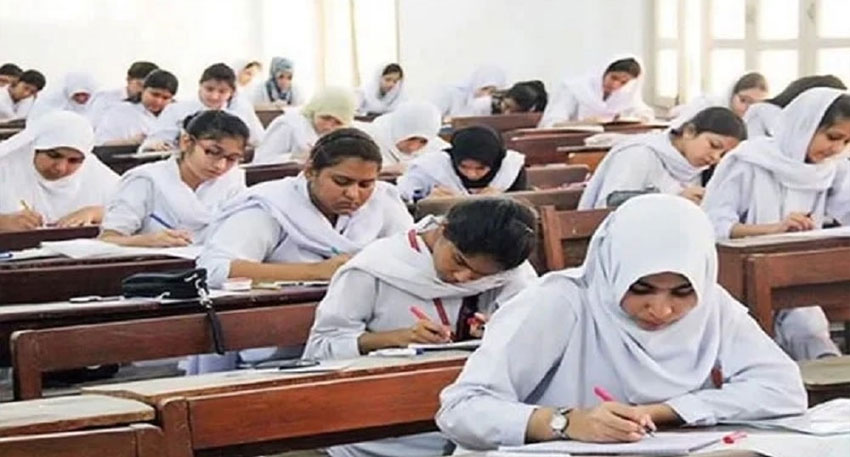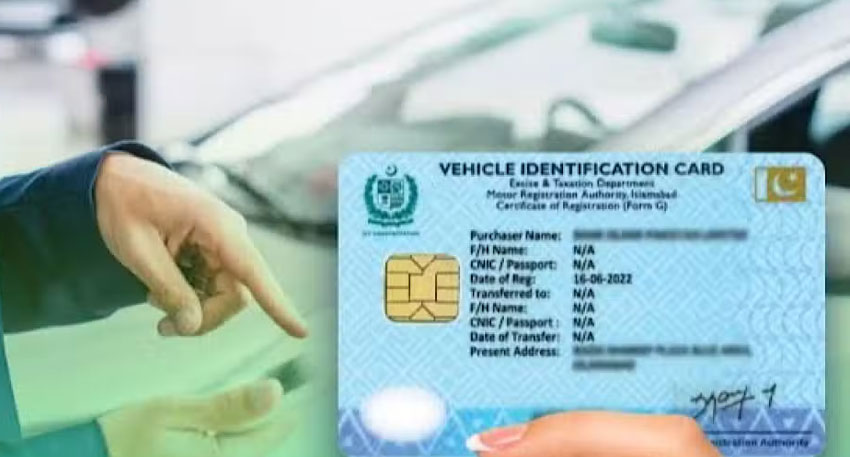
The program offers aspiring professionals the opportunity to pursue a Master’s degree in Agricultural Economics at the University of Hohenheim, Germany.
The fully funded scholarship is valued at approximately €11,904 per year, covering tuition fees, a living allowance, health insurance, and travel costs.
Eligibility Criteria
Applicants must:
- Be citizens of a developing country.
- Hold a Bachelor’s degree in a relevant subject.
- Have at least two years of professional work experience following graduation.
- Ensure their academic qualifications are not older than six years.
- Provide proof of English proficiency (IELTS 6.5 or TOEFL 90).
- Not have resided in Germany for more than 15 months before the application deadline.
Scholarship Benefits
Recipients will benefit from waived tuition fees for the two-year program, a monthly stipend (€992 for graduates, rising to €1,400 for doctoral students starting February 2026), health and accident insurance, and travel allowances. Additional support such as rent subsidies and family allowances may also be available.
Also Read: US joblessness on the rise - Warning for Pakistani youth dreaming of America
Required Documents
Candidates must submit:
- DAAD application form
- Europass CV
- Motivation letter (max 2 pages)
- Employer recommendation letter
- Employment history proof
- English proficiency certificate
- Certified copies of degrees and transcripts
- Secondary school certificate (UEQ)
Application Process
Applications must be submitted through the University of Hohenheim’s online portal, along with DAAD EPOS documents sent via email to agecon@uni-hohenheim.de.
The deadline for submissions is December 15, 2025.
This program is designed for professionals eager to advance their expertise in agricultural economics and contribute to development initiatives in their home countries.




